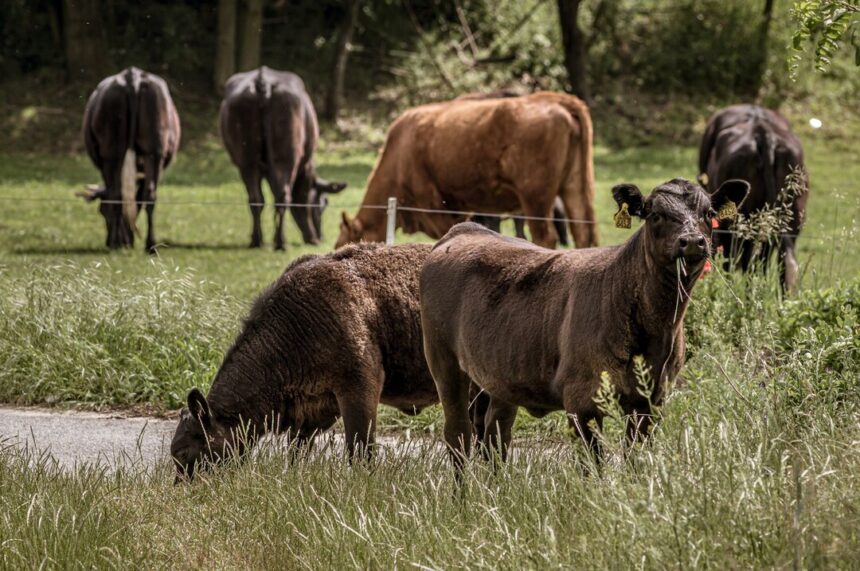Sussex cattle, renowned for their adaptability, docile temperament, and high-quality beef, are a popular choice among cattle farmers in South Africa. Whether you’re a seasoned breeder or considering adding Sussex cattle to your farm, understanding key aspects of breeding and farming this versatile breed is crucial for success. Here are ten essential things you should know about breeding and farming Sussex cattle in South Africa:
- Historical Background: Sussex cattle originated in England, with records dating back to the 19th century. They were developed from local cattle breeds in the Sussex region and are known for their hardiness, fertility, and excellent beef quality.
- Adaptability to South African Conditions: Sussex cattle are well-suited to the diverse climates and environmental conditions of South Africa. They thrive in both temperate and subtropical regions, with good heat tolerance and resistance to common cattle diseases.
- Dual-Purpose Characteristics: Sussex cattle are considered a dual-purpose breed, valued for both beef and milk production. While they are primarily raised for beef, Sussex cows are also capable of producing moderate amounts of milk, making them suitable for small-scale dairy operations.
- Meat Quality: Sussex beef is renowned for its exceptional flavor, tenderness, and marbling, making it highly sought after by consumers. The breed’s ability to produce well-marbled, high-quality beef contributes to its popularity among beef producers and consumers alike.
- Docile Temperament: Sussex cattle are known for their calm and docile temperament, making them easy to handle and manage. Their gentle nature reduces stress during handling and transportation, making them an ideal choice for both novice and experienced farmers.
- Grazing and Foraging Abilities: Sussex cattle are efficient grazers and foragers, capable of thriving on a diet of pasture and forage. Their ability to convert grass and roughage into high-quality beef makes them well-suited to extensive grazing systems commonly used in South Africa.
- Reproductive Efficiency: Sussex cattle exhibit strong reproductive efficiency, with cows typically calving regularly and raising healthy calves. Good maternal instincts and high fertility rates contribute to the breed’s productivity and profitability in breeding programs.
- Health and Disease Resistance: Sussex cattle are generally hardy and robust, with good resistance to common cattle ailments such as parasites and respiratory infections. Proper health management practices, including vaccinations, parasite control, and regular health monitoring, are essential for maintaining herd health and productivity.
- Breeding Objectives: When breeding Sussex cattle, farmers aim to improve traits such as growth rate, meat quality, reproductive efficiency, and adaptability to local conditions. Selective breeding programs focus on identifying and selecting superior breeding stock that exhibits desirable traits for future generations.
- Market Demand and Economic Viability: Sussex beef is in high demand in both local and export markets, offering farmers significant economic opportunities. The breed’s excellent meat quality, adaptability, and docile temperament make it a valuable asset to the South African beef industry.
Breeding and farming Sussex cattle in South Africa offer numerous advantages, including adaptability, dual-purpose characteristics, and market demand for high-quality beef. By understanding the unique traits and requirements of the breed, farmers can maximize the productivity and profitability of their herds. With proper care, management, and breeding strategies, Sussex cattle continue to be a valuable and sustainable resource for the South African agricultural sector.
Join 'Farmers Mag' WhatsApp Channel
Get the latest Farming news and tips delivered straight to your WhatsApp
CLICK HERE TO JOIN






